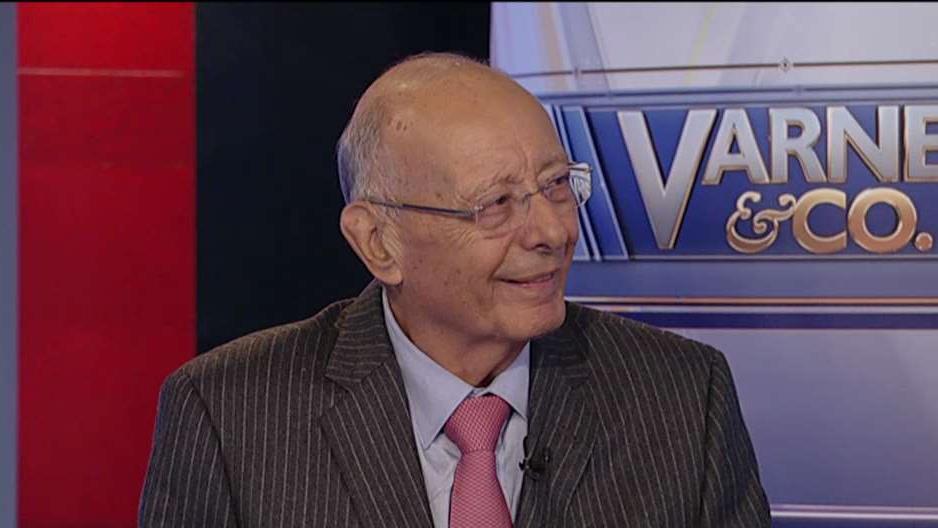New York may chase away business as it considers 'commercial rent control'
A bill recently introduced in New York City Council has real estate industry officials warning it could do more to damage the very businesses it is designed to protect.
The “Small Business Jobs Survival Act” is designed to protect small mom-and-pop shops in New York City from skyrocketing rent prices. The legislation would require 10-year leases, which could only be be altered with the tenant’s approval, to be offered to commercial tenants at renewal. If the two parties cannot agree on a rent increase, they would have to duke it out in arbitration.
The rules would apply to retail spaces of 10,000 square feet or less, manufacturing spaces of 25,000 square feet or less and office spaces of 10,000 square feet or less.
It has been compared by critics to commercial rent control, though it would not specify actual rent increase restrictions.
A $7.5B LAS VEGAS ‘MINI-CITY’ COULD REDEFINE SIN CITY SKYLINE
TOMMY HILFIGER SOLD HIS PLAZA HOTEL PENTHOUSE AFTER 11 YEARS. HERE'S WHY IT TOOK SO LONG
Opponents also say it could have widespread unintended negative consequences.
According to testimony from John Banks, the president of the Real Estate Board of New York, the rules would hurt entrepreneurs by allowing existing businesses to remain in shops regardless of their financial viability or neighborhood need. The bill also increases the risk of signing a new small business tenant.
“It’s terrible in terms of innovating in the marketplace,” Lawrence Yun, chief economist at the National Association of Realtors, told FOX Business. “For the government to intervene, in essence, to favor one group versus the other rather than for the market to decide, it’s going to lead to – in the long-term – a bad outcome.”
Yun noted that there is always a market negotiation between the tenant and owner based on risk-profile. That free-market negotiation is believed to regulate prices.
But if the government dictates the terms, it eliminates the financial incentive for things like building maintenance, he said. And if buildings deteriorate faster, it makes the city less appealing. That could drive away customers and hurting tenants and retail shops even more.
It's no surprise to Yun that businesses might look to build out in other areas.
“Why invest in New York City when you would be [in] a much more business-friendly [environment] elsewhere?” Yun asked.
Some apartment buildings also rely on rent from connected retail space, so residential buildings could be affected as well.
GET FOX BUSINESS ON THE GO BY CLICKING HERE
According to a report from the New York City Comptroller, in the 10 years ending in 2017, the citywide retail vacancy rate rose to 5.8 percent from 4 percent. Rents also rose 22 percent over the same time period. Vacancies, however, were highest in outer-borough neighborhoods, rather than Manhattan. The report also noted that internet retail has changed how individuals shop.
While proponents are hoping to save mom and pop shops from being forced to close, critics say rent prices may not be entirely to blame for rising vacancy rates.
Banks suggested that the expensive costs of complying with onerous regulations were causing small businesses to fail and tenants to turn over.
“This bill will kill jobs, kill ingenuity, and ensure the homogenization of retail in the City of New York,” he said in his testimony. “It was deeply flawed thirty years ago, and it is deeply flawed today. The only survival the bill ensures is of continued vacancies.”
The bill has been floating around the City Council for years. A hearing was conducted last year, too.
The Small Business Jobs Survival Act does not have the support of the city’s Democratic Mayor Bill de Blasio, who said he has yet to see a commercial rent control plan that is legally viable. He has, however, proposed imposing a fee on landlords with vacant storefronts.
New York City had a commercial rent control measure between 1945 and 1963.




















